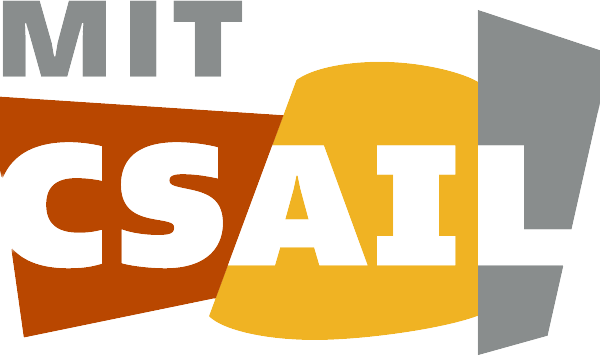Departure Checklist
This page is a checklist of the most important things you should do or check before leaving CSAIL, with links to more detail about each item in our general document with advice for preparing to leave. You probably also want to read through (or at least skim) all of that document, but if you’re in a hurry or if you want something you can print out, this page hits the highlights. There are a bunch of other things to consider on that page.
- Make sure you’ve connected a GitHub and/or Google account to your CSAIL INQUIR account (so you can make changes as needed after you leave).
- Make sure you understand how your email is forwarded, and that any forwarding will continue to work long-term. (If your CSAIL address forwards to an @mit.edu address that’s going away, for instance, that would be a problem.) Make sure you understand how to change your forwarding if you need to in the future.
- Make arrangements for others at CSAIL to take over any CSAIL-hosted research-related websites you manage. For personal websites that nobody else is going to be maintaining, consider redirecting them somewhere you control or updating the content to mention your new affiliation and provide alternate ways of getting in touch with you and following your future work, since you won’t be able to update them after you leave.
- Make sure any mailing lists you manage that are still relevant to your research group or other CSAIL colleagues get taken over by somebody still here. Also make sure they have a meaningful description so we (TIG) can figure out what they’re for and who to contact about them.
- Ask us to delete any mailing lists you’ve created, or you managed, that are no longer needed. (Old abandoned mailing lists create some spam and security risks.)
- Delete any scratch, temporary, or otherwise no-longer-needed data from AFS and NFS, both in your home directory and in shared research filesystems. (That way we won’t be backing up both your 150GB training example video downloaded from elsewhere and the 500GB version of it split into individual frames in perpetuity.)
- Copy any data you want to take with you elsewhere (e.g. contents of your home directory, software you’ve developed, etc.).
- Consider whether you need to deal with any of the following:
- OpenStack instances you may have created
- research-group servers or software you may be responsible for managing
- cron jobs you may have configured
- long-running or queued compute jobs
- hosts you’ve registered in WebDNS and DHreg that are no longer up, or no longer needed
- security-sensitive files that should be deleted (like OpenSSH or GnuPG keys, or config files that might have passwords in them)


